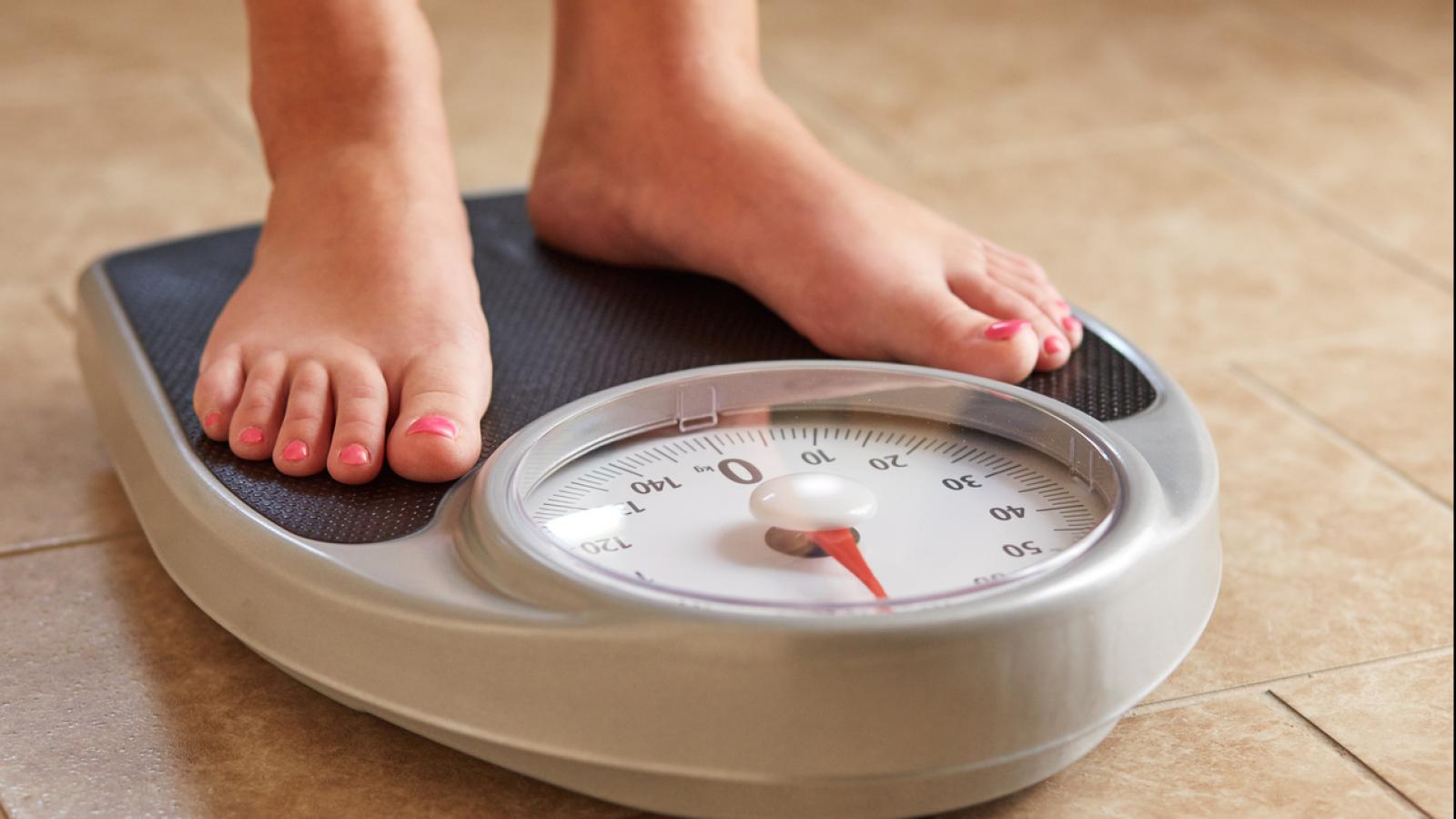Managing side-effects after treatment

Even after you have finished treatment for cancer it’s common to have side-effects. Common side-effects include fatigue, sexual side-effects, and bladder or bowel changes. Keep a track of any symptoms you have and report them to your nurse specialist, GP or hospital consultant.
How long will side-effects last?
How long side-effects last varies from person to person and depends on the type of treatment you had:
- Most side-effects go away quite quickly after treatment ends – within a few weeks
- Some side-effects can last for months or years or be permanent
- Side-effects can sometimes develop months or years after treatment has ended. These are also known as late effects
What can I do to improve my side-effects?
If you have side-effects after your treatment has ended, the most important thing is to get help and support. Most symptoms from cancer treatment can be helped by medication or changes to your lifestyle. We have a full list of side-effects and tips to help you cope.
If you are no longer attending the hospital you may feel that there is no-one there to help with long-term side-effects. It is important you know that the team are still there to help you - you just need to ask.

Tip: Know the name and phone number of your nurse specialist. Your nurse specialist can advise you about any side-effects you may be having.
When to contact your doctor or nurse
- You feel that you cannot cope well with your side-effects.
- Your side-effects do not improve over time.
- Your side-effects get worse.
- You develop a new symptom that you are worried about.
You might also find it useful to read our section on coping with feelings after cancer.
I’m worried that my side-effects mean the cancer has come back
It’s normal to worry that side-effects may be a sign that your cancer has come back. This can be very distressing.
Speak to your doctor if you are worried or finding it hard to cope emotionally, but remember that side-effects like fatigue and pain after cancer treatment are very common and usually improve with time.
If you're struggling with anxiety, counselling may help. We fund free one-to-one counselling online and at many cancer support centres. Find out more about counselling. We also have tips for coping with anxiety.
Fatigue
Some kinds of fatigue can last months or even years after treatment. Fatigue that lasts for more than six months after treatment is known as persistent cancer-related fatigue.
A lot of cancer survivors don’t tell their doctors or nurses they have fatigue because they think that nothing can be done for it, but there are lots of things that can help, depending on what’s causing the problem.
Speak to your nurse specialist, GP or consultant if fatigue is troubling you. They can help to find out what is causing it. For example, any medication you may be taking, pain, lack of sleep or poor nutrition.
Read more about coping with fatigue.
Sexual problems
While you’re having treatment you may not be thinking about your sex life. But once treatment is over you may experience problems that you hadn’t expected. These can be physical or emotional.
For example, you may feel anxious about having sex again or starting a new sexual relationship. Your self-esteem may be low because of changes to your body, making you feel less confident sexually. Physical and emotional problems that affect your sex life can happen weeks or even months after treatment.
It may take some time before you feel emotionally and physically ready for sex.
Read more about sexual side-effects of cancer treatment for men and people assigned male at birth and sexual side-effects of cancer treatment for women and people assigned female at birth. We also have advice on managing sexual relationships.

Memory loss and concentration problems
You may experience short-term memory loss or difficulties with concentration or attention span after your cancer treatment, particularly if you were treated with chemotherapy or radiation to the head.
Surgery or hormonal treatments can also affect your memory, as can being stressed, fatigued or dehydrated.
Memory problems can last for days, weeks, months or even years.
Lymphoedema
Lymphoedema (pronounced lim-fo-dee-ma) is a long-term (chronic) swelling caused by a build-up of fluid in the body’s tissues.
Lymphoedema can develop if the lymph nodes have been removed during surgery or damaged by radiotherapy. Lymphoedema can occur anywhere where lymph nodes have been removed or disturbed. The most commonly affected areas are arms and legs.
Sometimes lymphoedema develops some time after treatment has ended.
Read more about the signs of lymphoedema and what you can do if you notice any swelling.
Menopausal symptoms
Some cancer treatments such as chemotherapy, radiotherapy, hormone treatment or surgery to remove the ovaries can cause menopausal symptoms or bring menopause on early.
These symptoms normally affect women and people assigned female at birth, but some hormone therapies can cause menopausal symptoms in men and people assigned male at birth.
Symptoms can be severe to mild. Most menopausal symptoms will eventually pass, but it can take up to a couple of years for this to happen. Read our tips for managing menopausal symptoms.
Loss of appetite
After your cancer treatment has ended you may find that you do not feel like eating. You may not enjoy your food or find it hard to eat very much. Not eating can make you feel tired and weak and make it harder for you to recover and get back to normal.
In most cases your appetite should get back to normal a few weeks after you finish treatment.
Because you can lose your appetite for different reasons, it is a good idea to talk to your nurse specialist, GP or hospital doctor about it.
For example, treating a sore or dry mouth or improving symptoms of fatigue or depression can help your appetite to come back. You may also be referred to a dietitian or be given medication to increase your appetite. Read more about managing eating difficulties.

Weight changes
Cancer survivors often complain that their body weight or shape changes after treatment.
Weight gain
Often people expect that cancer or treatment for cancer will cause weight loss, but you may find that you have gained weight or may have fat in different places. For example, after hormone therapy you may start to carry more weight around your middle.
During cancer treatment you may have been less active than usual, which could also make you gain weight. Steroids can also cause you to put on weight, but you should lose it again once you stop taking them.
Eating a balanced diet and taking some exercise can help you to get back to a healthy weight. Keeping a healthy weight will help you to feel better and may help prevent your cancer coming back.
Weight loss
Sometimes cancer and its treatment may cause you to lose weight, particularly if you were diagnosed with cancer of the mouth, digestive tract, stomach or bowel.
Normally this weight loss does not last long. But for some it can be a more permanent change. You should always tell your medical team if you're losing weight. Read more about managing weight loss.
Getting help with your weight
If you need help with your weight ask your GP or hospital doctor to refer you to a dietitian. They can help you to plan a healthy diet to help you gain or lose weight, depending on your needs. The dietitian may also advise supplements.
You can also read more about having a balanced diet after cancer treatment.
Bowel and bladder problems
Changes in bowel or bladder control can happen after treatment for many cancers such as bowel, bladder, ovarian and prostate cancer. For example, leaking urine, diarrhoea or constipation or needing to go to the toilet urgently.
If problems carry on or you’re finding it hard to adjust to these changes, contact your doctor.
Read more about coping with urinary problems and constipation and diarrhoea.
Effects on the heart and lungs
Some cancer treatments can increase your risk of developing heart or lung problems in the future. These problems include high blood pressure or abnormal heart rhythms.
Radiotherapy to your chest or to the breast area may increase the risk of heart problems. Radiotherapy to treat lung cancer may cause lung changes often called scarring.
Many people who have these treatments do not develop any side-effects. If you are worried, talk to your medical team.
Effects on the bones
Some hormonal therapies to treat breast or prostate cancer may increase the risk of bone thinning - this is called osteoporosis.
Weight-bearing exercises, such as walking, along with a healthy diet can help look after your bones. Read more about bone health.
Other side-effects
There are other side-effects that you may have after treatment. For example, pain, changes in taste and smell, mouth and teeth problems. See a list of possible side-effects with advice on how to cope with them.
For more information
Phone
1800 200 700



